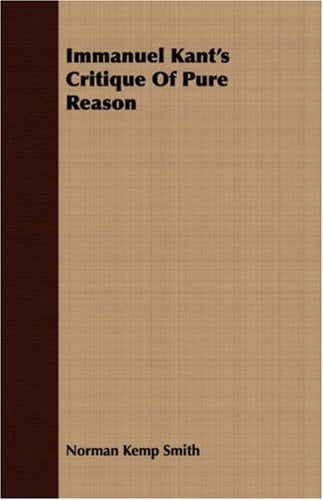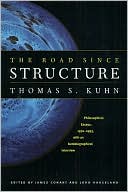In the later half of the twentieth-century, Thomas Kuhn reappropriated and significantly adapted Immanuel Kant’s qualifications of empirical science (Kuhn, Essential Tension 336–37; Kuhn, Since Structure 103–104, 264). First published in 1962, Kuhn’s Structure of Scientific Revolutions replaced Kant’s transcendental truths of reason with theoretical ‘paradigms’ (cf. Kuhn, Since Structure 264). This understanding puts Kuhn in an interesting position from which to shed light on the hermeneutical dimensions of biblical studies. Naturally, there have been some recent qualifications and objections to this application that deserve attention.
From Kant’s occasional language about intellectual ‘revolutions’ (e.g., Kant 19–26), Kuhn certainly does appear to derive his application of the concept. Yet, for Kant these revolutions typically move interpretations of empirical observations into greater conformity with reason’s transcendent truths. By contrast, for Kuhn, these revolutions result in the adoption of a new paradigm, which may itself eventually be discarded when another paradigm comes to appear preferable (cf. Kuhn, Scientific Revolutions 2, 12, 151–52). In his later work, however, Kuhn has discarded this term ‘paradigm’ because other authors have appropriated it in such diverse manners that the term has become too difficult for him to use precisely (Kuhn, Since Structure 221).
**In this post:** Immanuel Kant Thomas Kuhn Thomas Kuhn Thomas Kuhn


